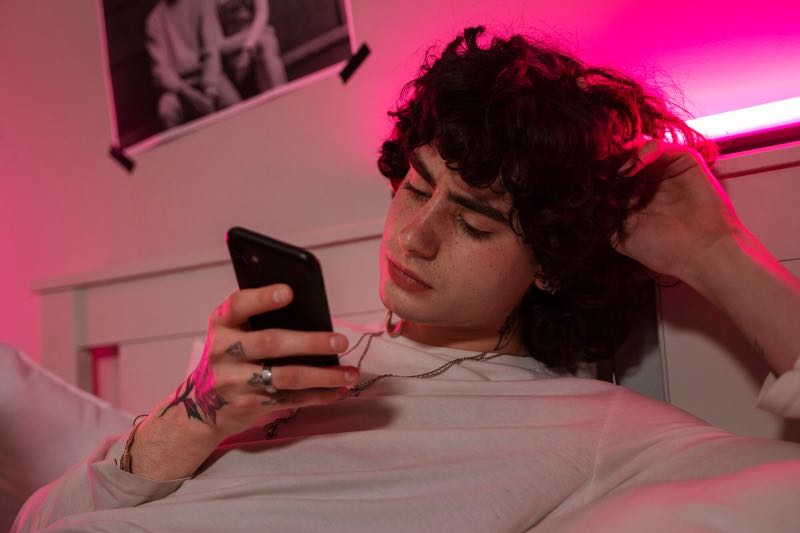Teens are sleeping less than ever, and the culprit is often glowing right in their hands. With smartphones, tablets, and laptops now a regular part of evening routines, researchers are sounding the alarm on how screen time directly affects teenage sleep. It’s not just about staying up late scrolling—it’s about real biological changes in the body’s sleep chemistry.
Melatonin Suppression and Delayed Sleep Onset
A study in Lighting Research & Technology found that even one hour of evening screen exposure reduces melatonin production in teens by 23%. After two hours, suppression rises to 38%. Melatonin is the hormone responsible for signaling the brain when it’s time to sleep, and when its production is delayed, so is the natural urge to wind down.
This effect is particularly strong in teens, who already have a delayed circadian rhythm due to puberty. Add artificial light exposure on top of that, and the results can be long stretches of wakefulness, late bedtimes, and chronic sleep deficits. These aren’t just occasional late nights—many teens are routinely getting far less sleep than they need.

How Screen Time Impacts Daily Functioning
According to Pew Research Center, 95% of U.S. teens own a smartphone, and a large percentage report using their devices for more than five hours a day. A sizable chunk of that use continues into the night, long after homework is finished. That much exposure to screens doesn’t just delay sleep—it cuts into the total amount of rest they get, especially on school nights.
In a randomized controlled trial published in Sleep, teens who limited screen use after 9 PM fell asleep earlier, slept longer, and showed improved attention during the day. The findings highlight that the issue isn’t just behavioral—it’s physiological. Reducing screen time before bed doesn’t just shift habits; it improves how the brain functions during waking hours.
When thinking about adolescent health, the impact of screen time on sleep deserves more serious attention. Not because of fear or tech shaming, but because the science is increasingly clear: screens are shaping when and how teens sleep—and not for the better
Credit
- Pew Research Center:
- https://www.pewresearch.org/
- Figueiro, M., & Overington, D. (2016). Lighting Research & Technology, 48(8), 966–975.
- Perrault, A. A. et al. (2019). Sleep, 42(9), zsz125.
